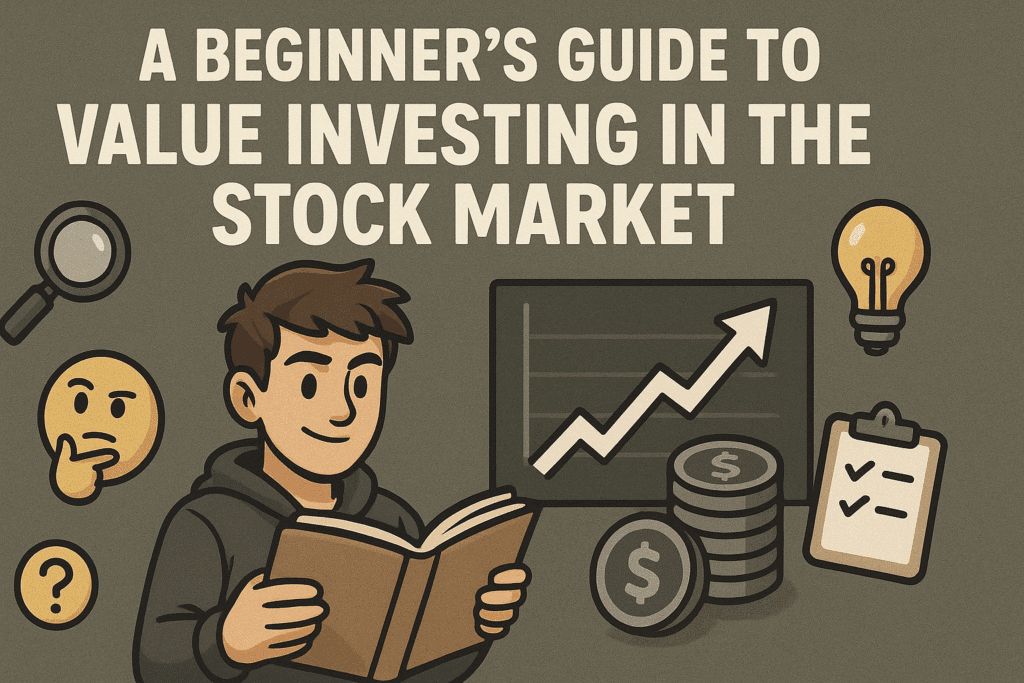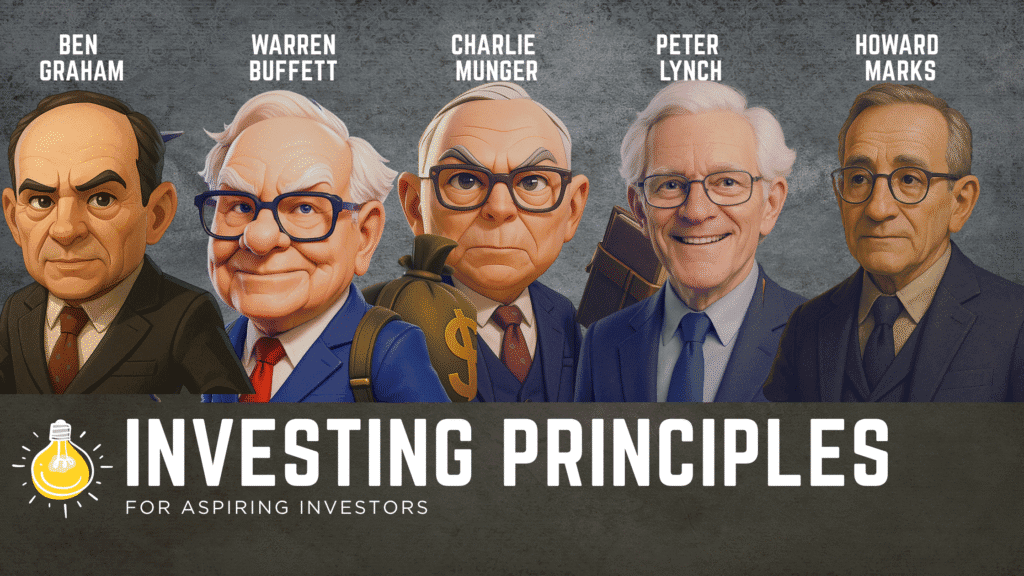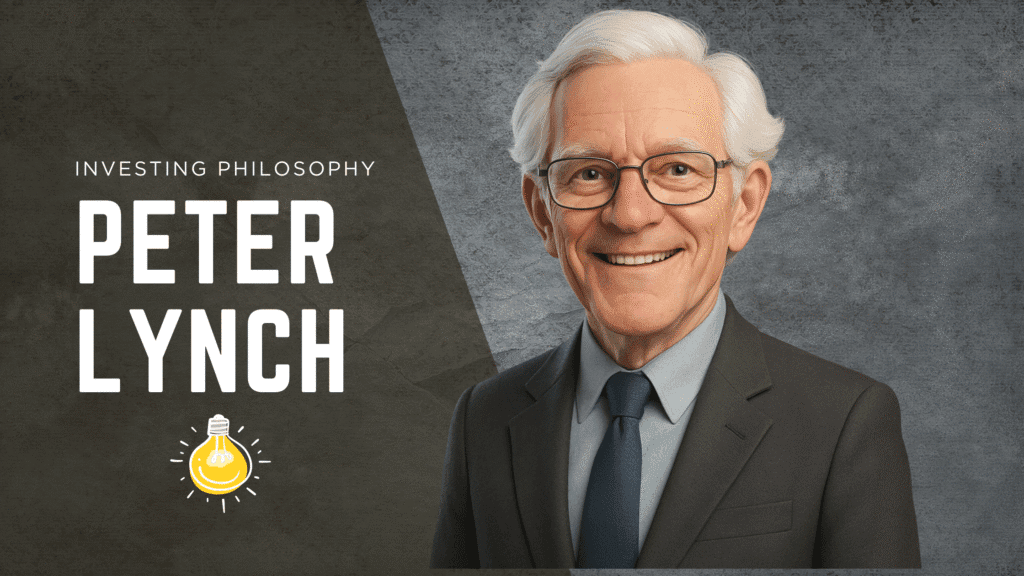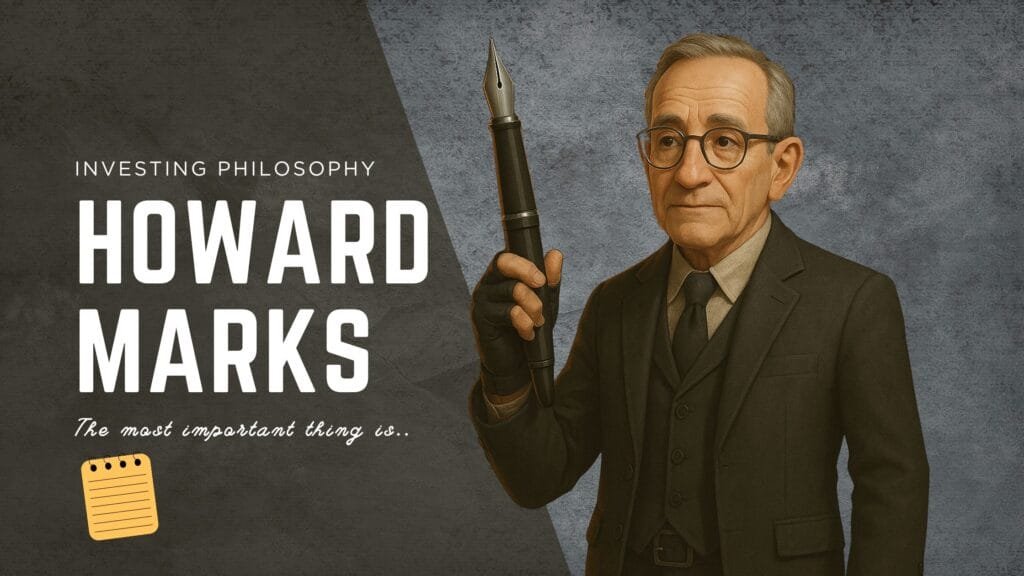Warren Buffett vs Charlie Munger: Who Should You Study First?
Who’s a better teacher? Who should you start studying first? Let’s unpack the Warren Buffett vs Charlie Munger debate.
When it comes to learning the art and philosophy of investing, few names carry the weight of Warren Buffett and Charlie Munger. As the powerhouse duo behind Berkshire Hathaway, they transformed a struggling textile company into a global investment conglomerate valued at more than $1 trillion (as at Jun 2025). Yet despite their deep partnership and shared principles, they are vastly different in personality, approach, and even in how they learned.
This leads to a fascinating question for aspiring investors, entrepreneurs, or lifelong learners: Who should you study first — Buffett or Munger?
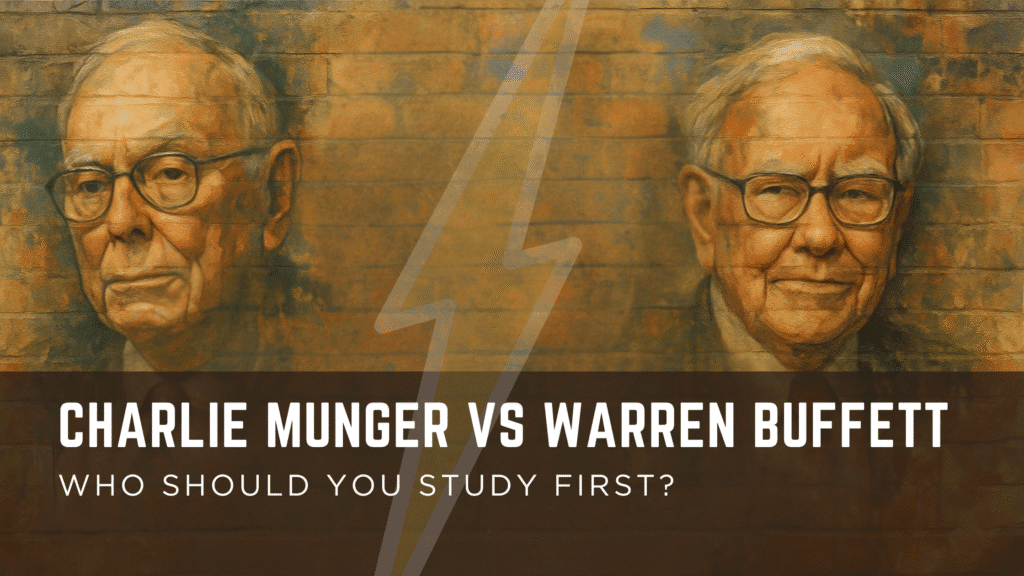
Let’s dive into their approaches, practical lessons, as well as the books/lectures that you can read to get started. But the TLDR is this: if you’re wanting to be an stock market investor, I would suggest to start with reading about Buffett. If you’re an avid reader and interesting in worldly wisdom, mental models, etc. rather than investing, start with Charlie Munger.
Warren Buffett: The Relentless Capital Allocator
If you are new to investing or trying to build a solid foundation in finance, Warren Buffett is the ideal starting point.
Buffett is famously disciplined, patient, and focused. He began investing at the age of 11, bought his first stock (Cities Service), and by the time he was 15, had accumulated the equivalent of $50,000 in today’s dollars. He studied under Benjamin Graham at Columbia and absorbed the core principles of value investing—buying good companies below intrinsic value with a margin of safety.
“Rule No. 1: Never lose money. Rule No. 2: Never forget Rule No. 1.” — Warren Buffett
This quote encapsulates Buffett’s risk-averse mindset. He favors simplicity and predictability over complexity and speculation. His philosophy is easy to grasp for beginners and is grounded in real-world examples—like Coca-Cola, American Express, and See’s Candies.
Lesson 1: Circle of Competence
Buffett often emphasizes staying within your “circle of competence”—understanding the businesses you invest in.
“You don’t have to be an expert on every company, or even many. You only have to be able to evaluate companies within your circle of competence.” — 1996 Shareholder Letter
Example: Buffett avoided tech stocks during the dot-com boom because he didn’t understand them well. While the market ridiculed him, he emerged relatively unscathed from the crash that followed. His success with companies like GEICO, See’s, and BNSF Railway shows that deep understanding trumps trend-chasing.
Lesson 2: Buy Wonderful Businesses at Fair Prices
Another Buffett gem:
“It’s far better to buy a wonderful company at a fair price than a fair company at a wonderful price.”
This marked a shift from Ben Graham’s “cigar butt” investing (cheap, but low-quality businesses) to quality-focused investing. He credits Charlie Munger for this evolution.
Example: His acquisition of See’s Candies in 1972 was a turning point. He paid more than book value—something Graham would have frowned upon—but it proved to be a cash-generating machine with a durable moat.
If you are a Buffett fan, you might enjoy our Warren Buffett Gift Collection:
‘Notebook of Wisdom’ with 160 Investing Quotes
Original price was: $99.00.$69.00Current price is: $69.00.Canvas Print with Warren Buffett success quotes and caricature
Original price was: $119.00.$89.00Current price is: $89.00.
Charlie Munger: The Multidisciplinary Philosopher
While Buffett is a masterful teacher of the principles of investing and investor psychology Charlie Munger is another level. Buffett lives in a singular word of investing. Munger lived in a multiverse of disclipines, ideas, rules and principles.
Munger collected mental models for fun, and was interested in a variety of fields plus their interplay with each other. His strength lied in applying ideas from psychology, economics, physics, biology, and history to solve problems and make decisions. Studying Munger will push you to think broadly and rationally.
“Spend each day trying to be a little wiser than you were when you woke up.” — Charlie Munger
Lesson 1: Latticework of Mental Models
Munger believed that to be a great investor (or decision-maker), you need a toolbox of mental models from different disciplines.
“You must know the big ideas in the big disciplines and use them routinely—all of them, not just a few.” — Poor Charlie’s Almanack
He promoted worldly wisdom—knowing how the world works across disciplines.
Example: In explaining how Coca-Cola maintains pricing power, Munger didn’t just talk about financials. He dove into psychology (branding), microeconomics (inelastic demand), and even chemistry (sugar and caffeine as low-cost stimulants). This approach elevates your understanding beyond the numbers and the valuation models.
Lesson 2: Avoiding Foolishness Is Better Than Seeking Brilliance
While Buffett said “never lose money,” Munger put it slightly differently:
“It is remarkable how much long-term advantage people like us have gotten by trying to be consistently not stupid, instead of trying to be very intelligent.” — 1995 Harvard speech
Example: Munger often recalled that his best decisions were not necessarily brilliant buys, but decisions to not do dumb things—like avoiding leverage, speculation, or complicated derivatives.
If you are a Munger fan, you might enjoy our Charlie Munger Gift Collection:
Coffee Mug with Charlie Munger quote ‘Big Money is in the Waiting’
Price range: $36.99 through $42.99Coffee Mug with Charlie Munger Quote on Compounding
Original price was: $39.99.$36.99Current price is: $36.99.Coffee Mug with the Charlie Munger quote Invert Always Invert
Price range: $36.99 through $42.99
Different Strengths, Shared Values
Though they differ in thier approach and intellectual style, Buffett and Munger are deeply aligned on core values:
- Patience: They both believe time is your greatest ally.
- Integrity: “You can’t make a good deal with a bad person.” – Buffett
- Independent thinking: They are known to act contrary to Wall Street consensus.
- Simplicity: Avoid unnecessary complexity in both investing and life.
- Learning: Be a Continuous Learning Machine
As Buffett puts it:
“Charlie and I have not learned how to solve difficult business problems. What we have learned is to avoid them.”
Who Should You Study First? A Practical Answer
Start with Warren Buffett If You:
- Are new to investing
- Want to understand financial statements, valuation, and business fundamentals
- Appreciate stories and letters filled with practical wisdom
- Prefer clear, actionable advice
Buffett is a masterful communicator. His annual letters to Berkshire shareholders are a free MBA in investing. He uses analogies, humor, and real-world examples that even beginners can understand.
Recommended Starting Points:
- Berkshire Hathaway Shareholder Letters
- “The Snowball” by Alice Schroeder (biography)
- Buffett Partnership Letters
Study Charlie Munger If You:
- Want to elevate your thinking and decision-making process
- Enjoy multidisciplinary learning and cognitive science
- Are curious to learn how to live a ethical, principled life
Munger didn’t spoon-feed. But if you’re willing to think hard and read widely, learning from him will sharpen your mind like no one else.
Recommended Starting Points:
- Poor Charlie’s Almanack by Peter Kaufmann
- Munger’s legendary speech: “The Psychology of Human Misjudgment”
- “Charlie Munger: The Complete Investor” by Tren Griffin
How Buffett and Munger Studied Each Other
Interestingly, Buffett and Munger learnt from each other. Buffett’s evolution from a Graham-style investor to a business-quality-focused investor came largely due to Munger’s influence.
Buffett admits:
“Charlie shoved me in the direction of not just buying bargains, as Ben Graham had taught me. He said, ‘It’s better to buy a wonderful business at a fair price than a fair business at a wonderful price.’ That changed my whole approach.”
Munger, in turn, admired Buffett’s intense focus, clarity of thought, and love for simplicity. While Munger read widely, Buffett applied quickly and decisively.
Their partnership reflects two styles converging: one intuitive and relentless, the other philosophical and broad.
Final Thoughts: Why Not Study Both — But In Order
Think of Buffett as the craftsman who teaches you how to build a strong, solid house. Then, turn to Munger—the architect who teaches you how to design not just a house, but a life.
Start with Buffett to build your investing foundation. Move to Munger to sharpen your thinking and expand your worldview. You’ll find that studying one makes the other even more impactful.







